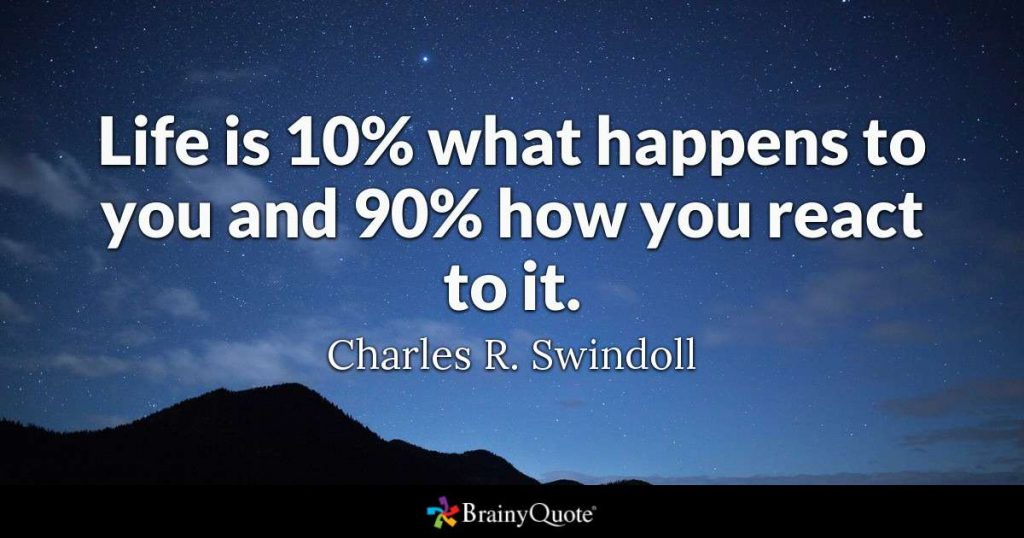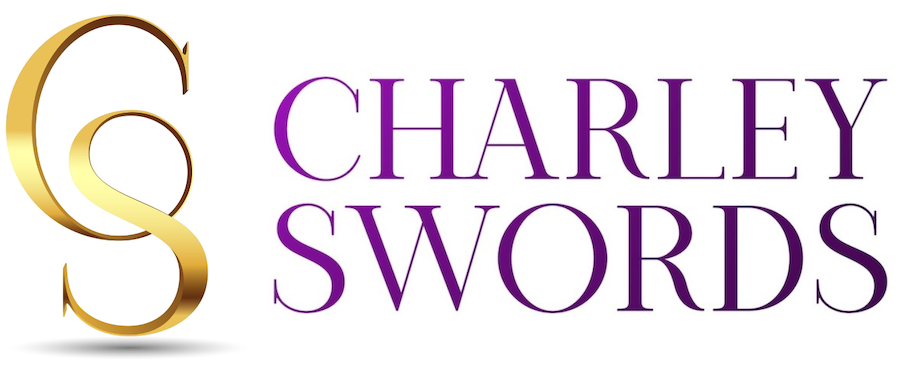Have you ever wondered how some people seem to bounce back from challenges and setbacks more quickly and with greater ease than others? People respond differently to stressful situations, both in work and in life, and building resilience is a very personal journey.
Resilience is a popular topic and competency now, but what does it really mean? It is about you being able to accept the challenging or stressful situations you face, it is about you coping with them and finding some meaning in them and then ultimately finding ways to deal with these demands and focusing on and finding appropriate solutions. In the world of work, resilience matters! It matters more than your qualifications, your experience, the knowledge and skills you have – it is the key thing which will determine whether you succeed or fail.
Are you born resilient or do you learn it? Well both actually! Highly resilient people are flexible, absolutely thrive in an environment of constant change and can adapt to new circumstances quickly. They only see the positive in a realistic way, and the opportunities which can be created out of adversity.

If you feel you need or want to build your resilience, there are some proven strategies and tips which will guide you:
- Manage Your Emotions
Acknowledge both the positive and negative emotions you feel in difficult situations and consciously find the good or the learning in them. Develop your questioning skills to help you do this, for example, “What is useful here?”, “What options or possible solutions could I apply?”, “What have I learned?”. These type of questions are empowering, they help you develop your critical thinking and more importantly they are positive and non-judgemental.
- Create Meaningful Connections
Consciously improve how you relate to others. Nurture your relationships with your colleagues, your family and friends and when you face difficult times, ask for help and support from your network – don’t withdraw.
- Care for Yourself
Your physical resilience depends on your mental and emotional well-being. Learn and practice healthy habits like taking regular mental breaks through meditation or allowing yourself to daydream. (Not all day at work, but a short mental break keeps the stress chemicals at bay!) Develop a simple but effective plan for regular exercise, taking time out to rest, spending time outdoors, eating a more balanced diet and surrounding yourself with positive people you enjoy.
- Develop Your Sense of Purpose
What brings meaning to your life? Focus on feeling good on the inside as opposed to looking good on the outside. Consciously engage in genuine acts of kindness and become open to receiving acts of kindness also. Develop your attitude of gratitude for all the good things in your life, especially when you feel under pressure – and consider starting your Gratitude Journal. Much is written about this, but a very simple way to start this is to take a notebook and at the end of each day, list five things you are grateful for. They may be something as simple as being grateful for the sunshine and heat today (something we can take for granted!), for the opportunity to work with wonderful colleagues, for your loving family, friends, for the people who served you in the supermarket etc. Also you can add in very special events or milestones – there is no limit to what you can be grateful for and you will feel continuously positive and buoyed by life when you complete this journal daily.
- Believe in Yourself
Kick your self-doubt to touch! Acknowledge your personal and professional strengths and build on them. Take time to consider all your accomplishments, your abilities and what you have done for your colleagues, your employer, your customers, your family and your friends – and then… what you have done for yourself!
- Laugh Long and Loud
It has been proven that laughing, especially deep belly-laughs, reduce tension. Nurture your sense of humour and bring your mind and body back into balance. Humour connects you to others, and keeps you grounded, focused, and alert. It also helps you release anger and forgive sooner.

Did you find this article helpful?
Let me know what you think about this post in the comments box below.


Loved it! 🙂
Thanks Christina
I love all of this Charley. Thanks you so much
Very useful Tips,
Thank you Madame